12 October 2020 – A team of NUS Computing students won first place at the Facebook Singapore Virtual Hack, held virtually on 3 October this year.
The team, called ‘FaceBooglers’, comprised of NUS Computer Science undergraduates Aloysius Chan (Year 3), Gabriel Yeo (Year 3), Liow Jia Chen (Year 3), Sidhant Bansal (Year 4) and final-year NTU Computer Science student Gwyneth Ang.
The contest consisted of two challenges. The first challenge was a technical coding challenge involving programming languages and web programming, while the second was a product thinking challenge that required them to come up with innovative solutions to real-life problems within an hour.
The problem statement that the group decided to tackle presented a situation in which the world had been submerged underwater. They were given an hour to come up with a solution that would enable humans to live underwater long term.
The team wowed judges with a product concept called the AquaDome. They envisioned people living underwater in domes connected to floating farms, which would be encased in bubble-like, airtight plant pods above the water. These farms would provide essential resources such as oxygen and food, as well as water in the form of desalinated sea water.
The team was then given three minutes to pitch the AquaDome product to judges, who were mostly software engineers from Facebook.
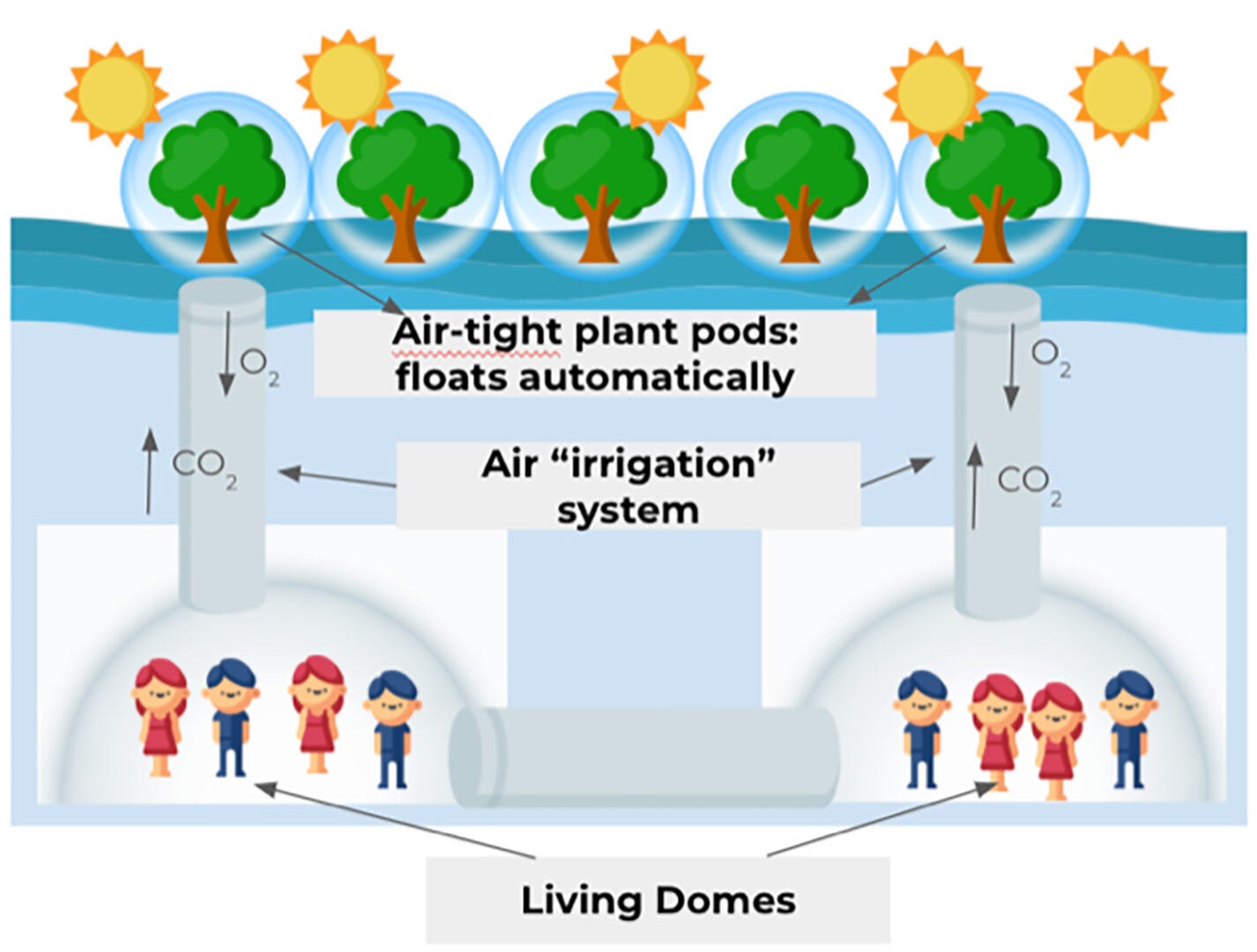
“In the air-filled environment that we live in, humans developed the idea of irrigation so that we can supply water from water sources to land-locked areas, which enables agriculture,” explained Chan on behalf of the team. “However, when we go underwater, our environment becomes water-abundant at the cost of air. To supply air to people, we have to develop some form of ‘air irrigation’ technique to supply oxygen to humans. Hence, we proposed having pipes that connect the floating farms to the living domes, which serve as channels to transfer oxygen to humans.”
Due to the time limit imposed, the team acknowledged that they were primarily motivated by innovation rather than practicality of the solution.
“What the judges liked about our presentation was that we drew upon historical innovations to come up with our solution,” Chan added.
They came in second for the coding challenge and first for the product thinking challenge, winning first place amongst 18 participating teams with their accumulated points.
“We look forward to joining more of these competitions in the future,” the team said.

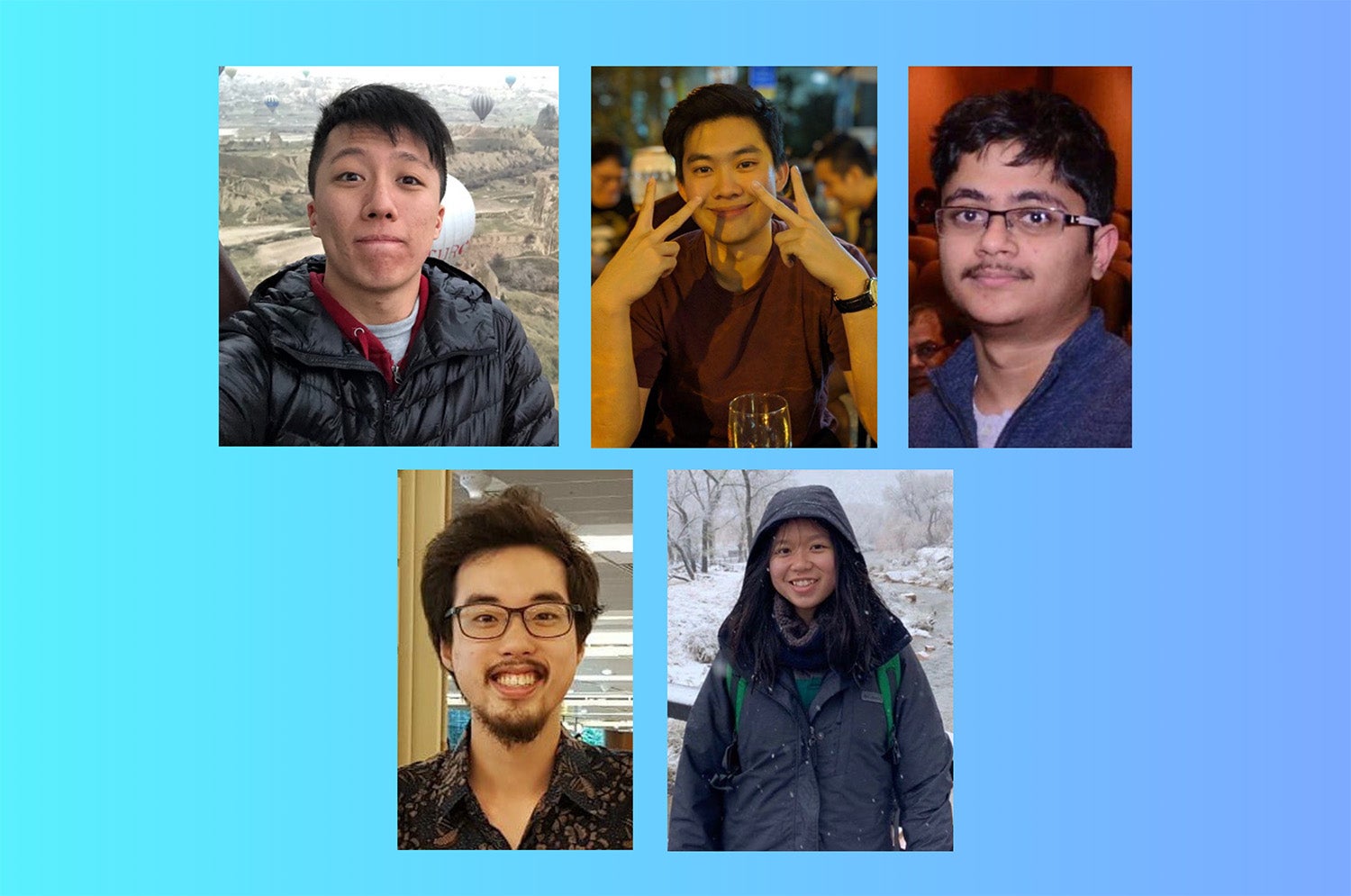
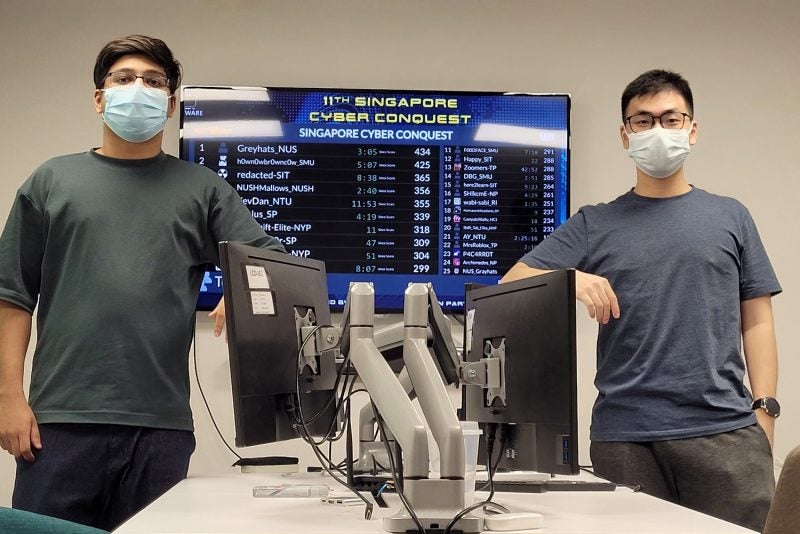
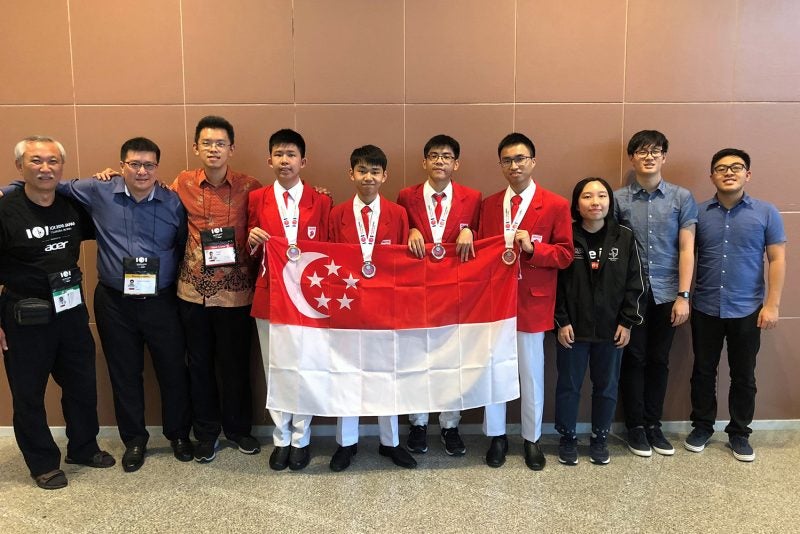
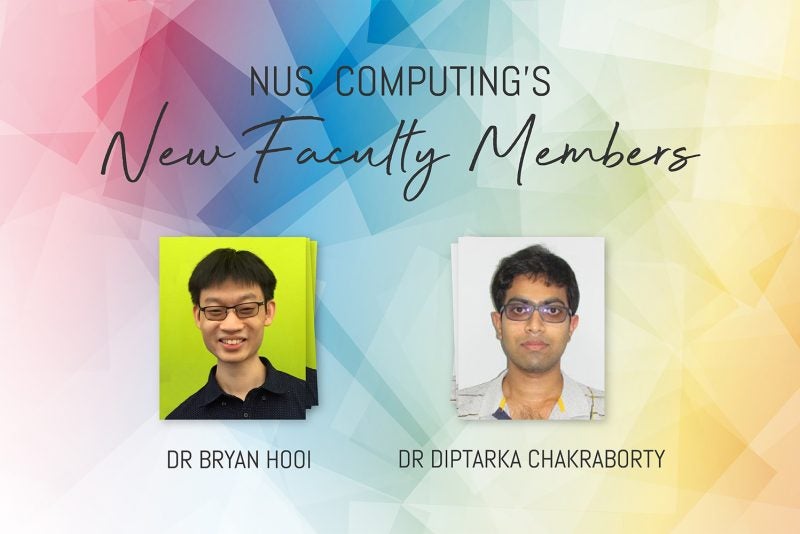

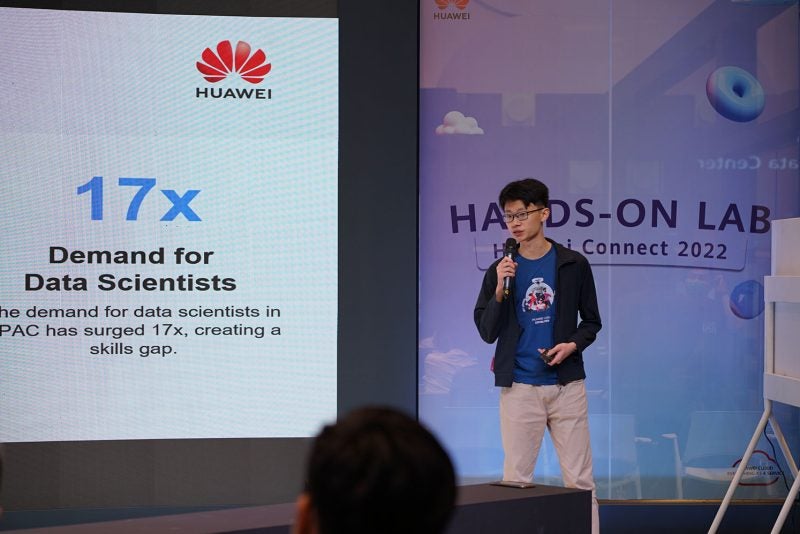
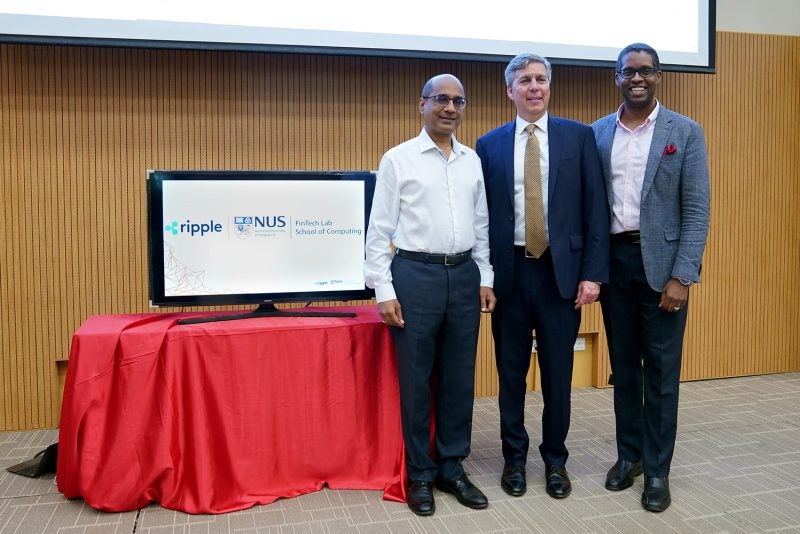
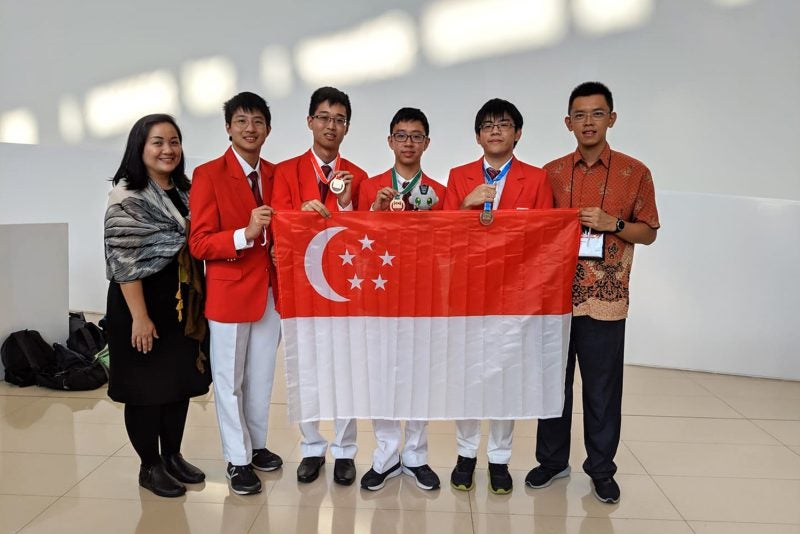
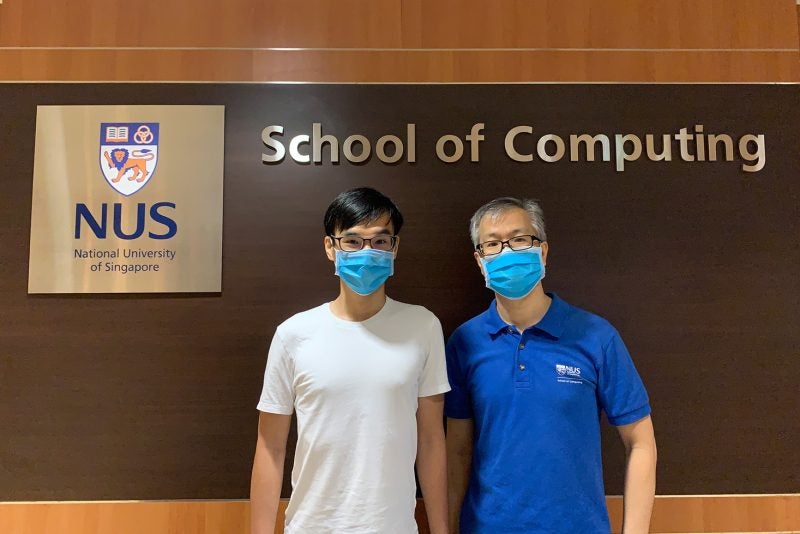
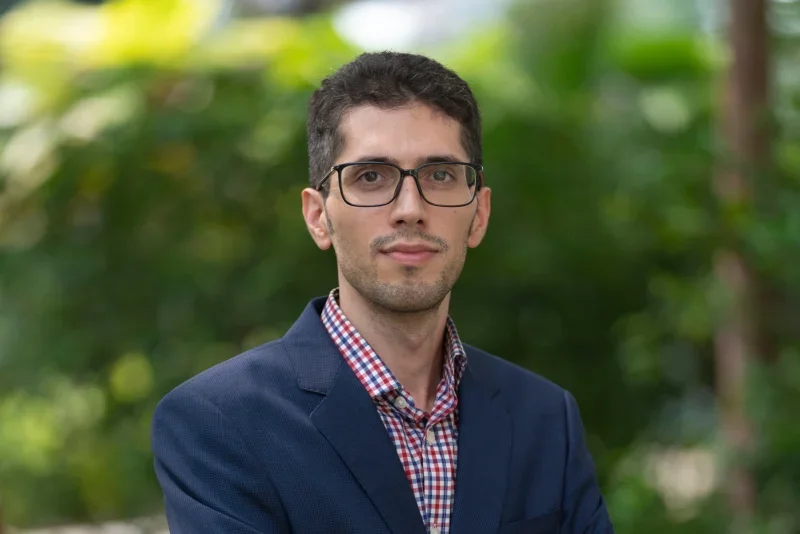
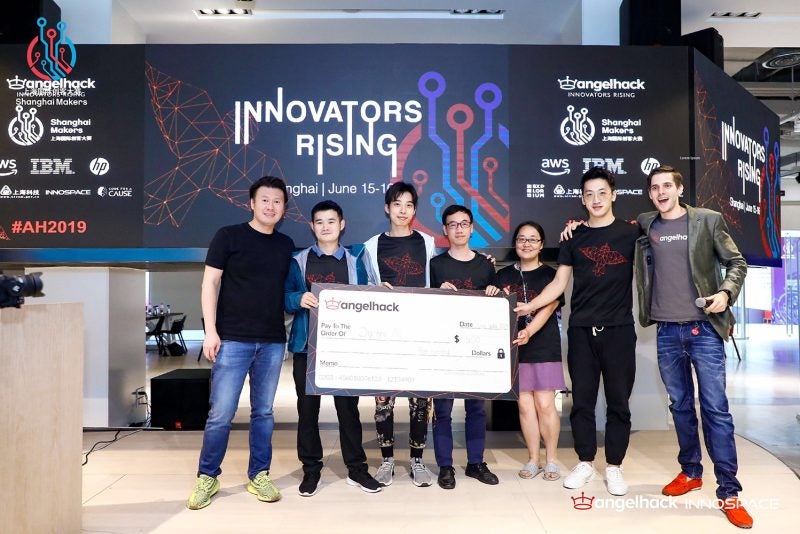
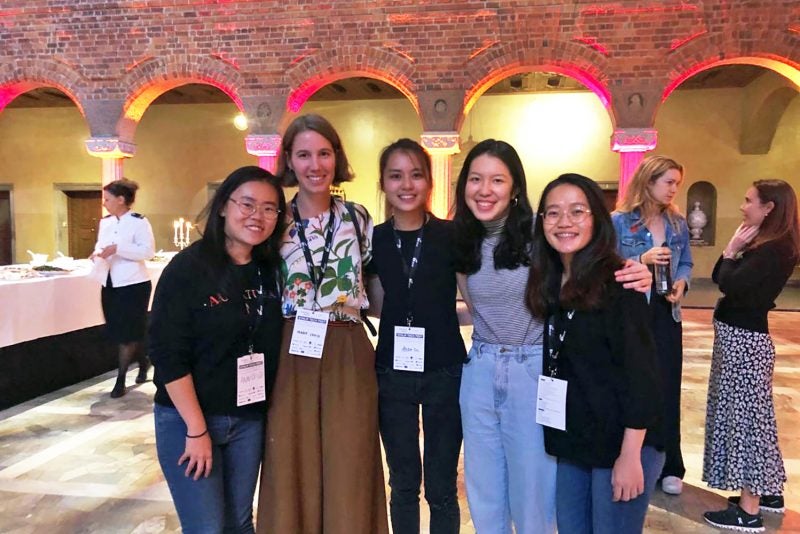
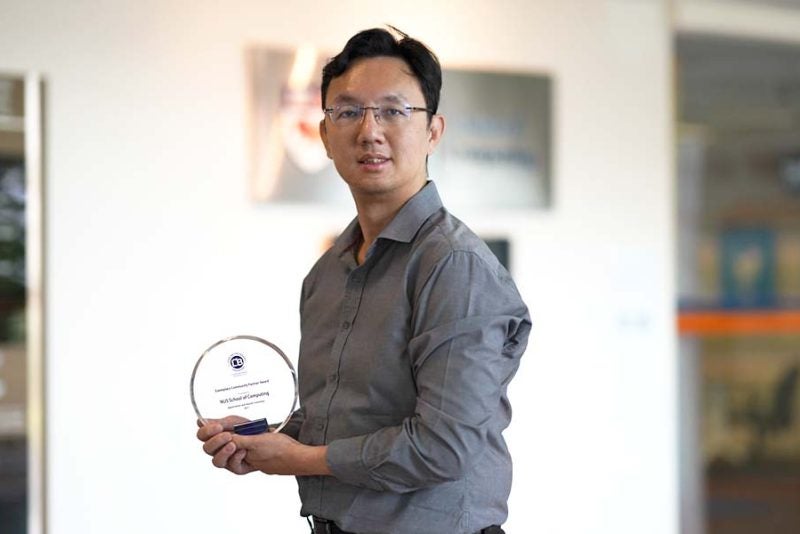
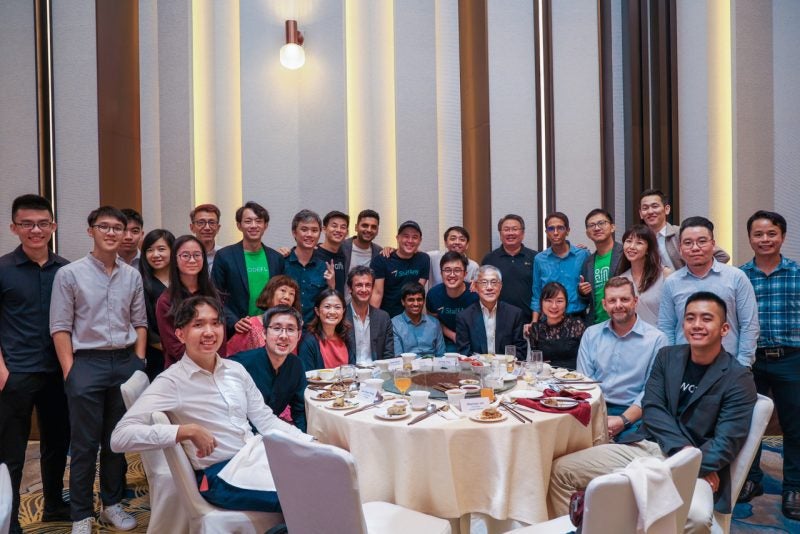
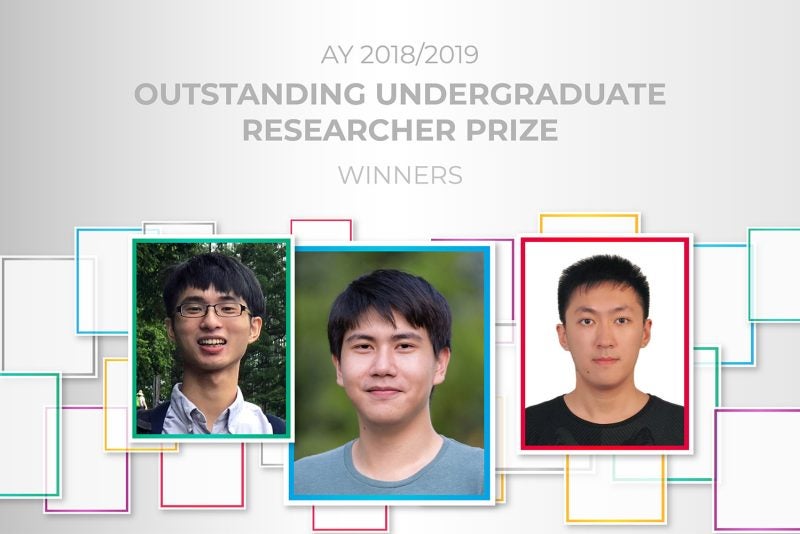
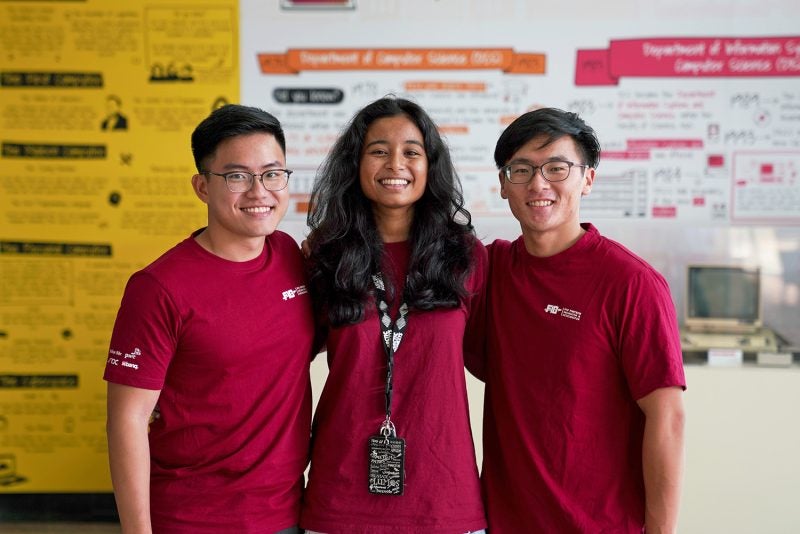
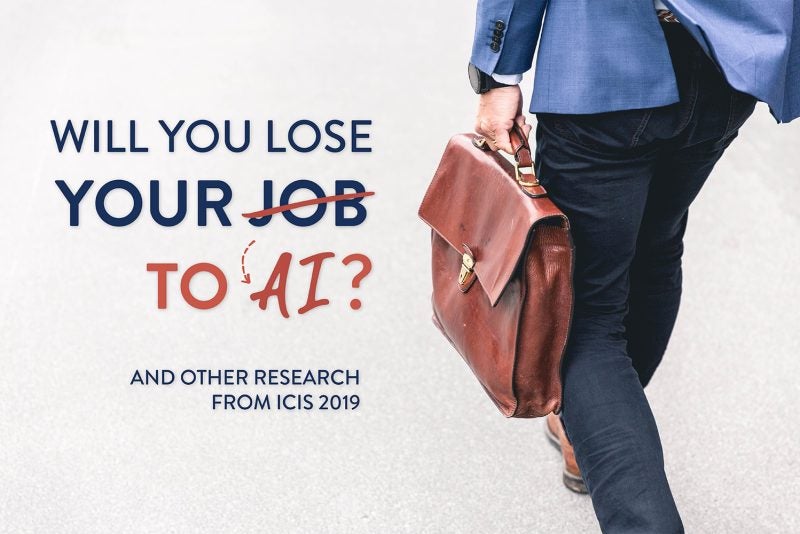
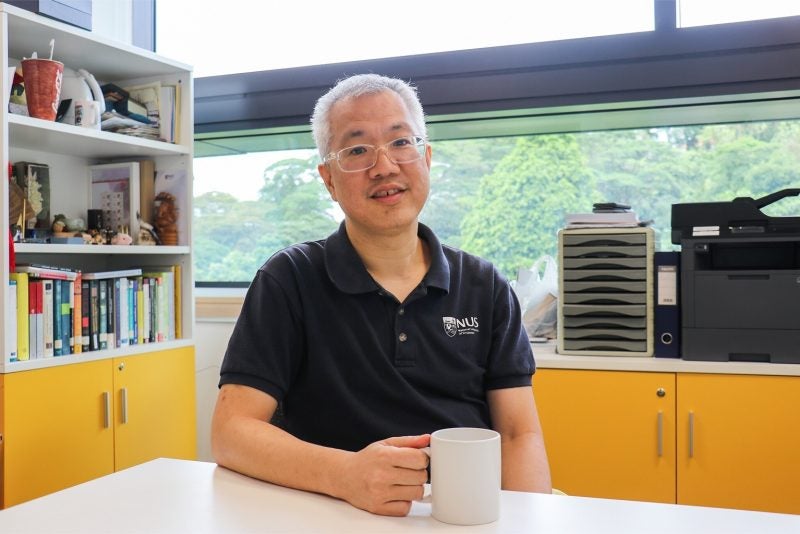
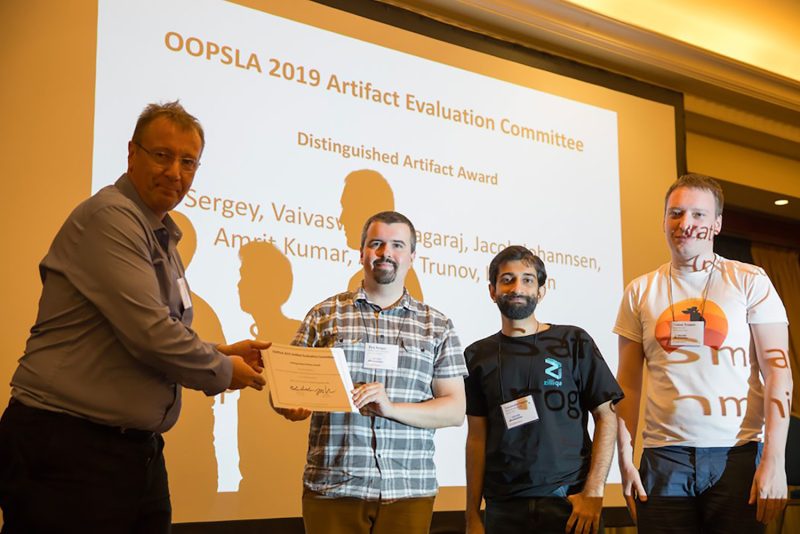
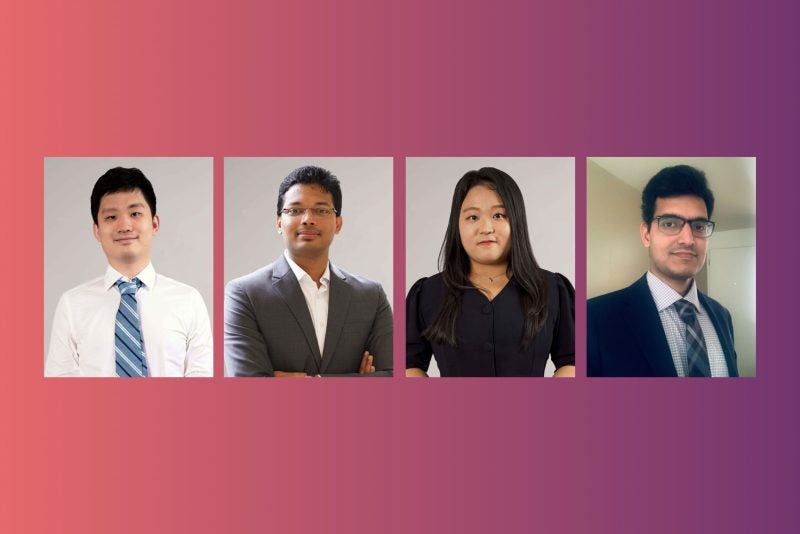
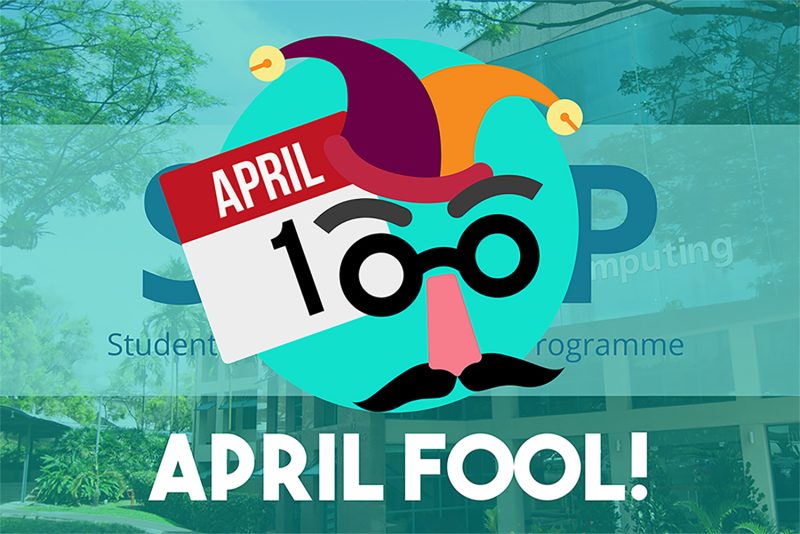
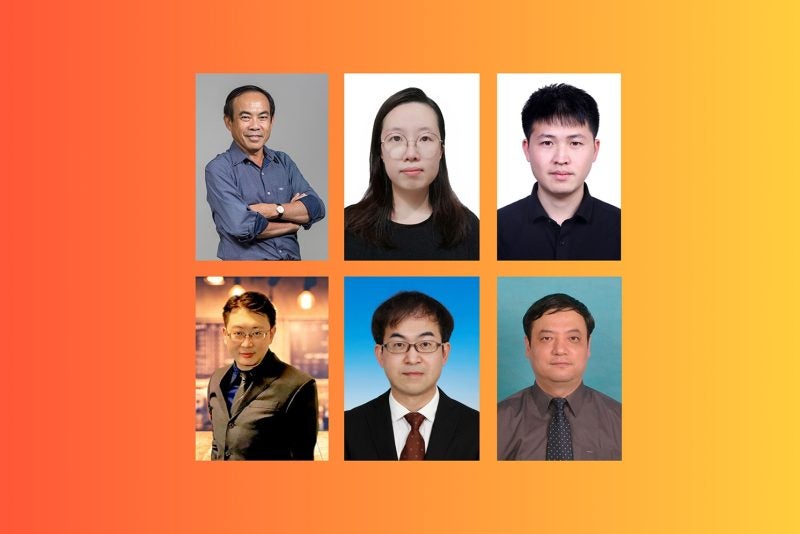
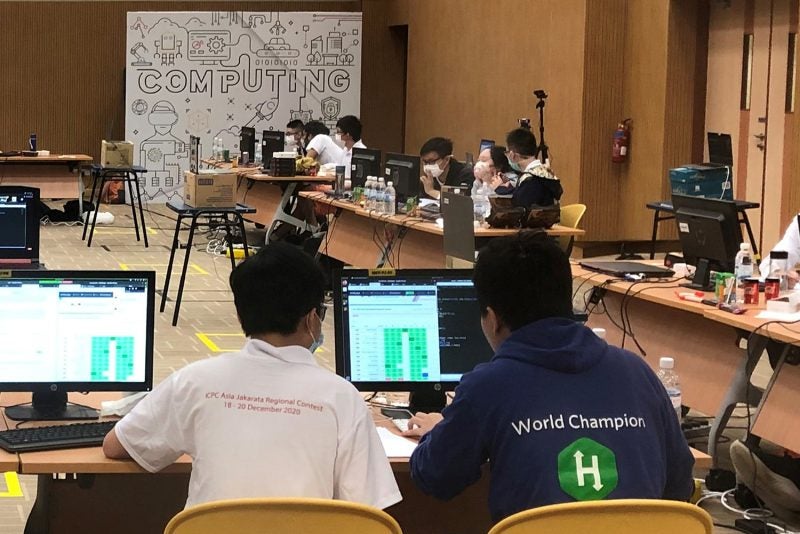
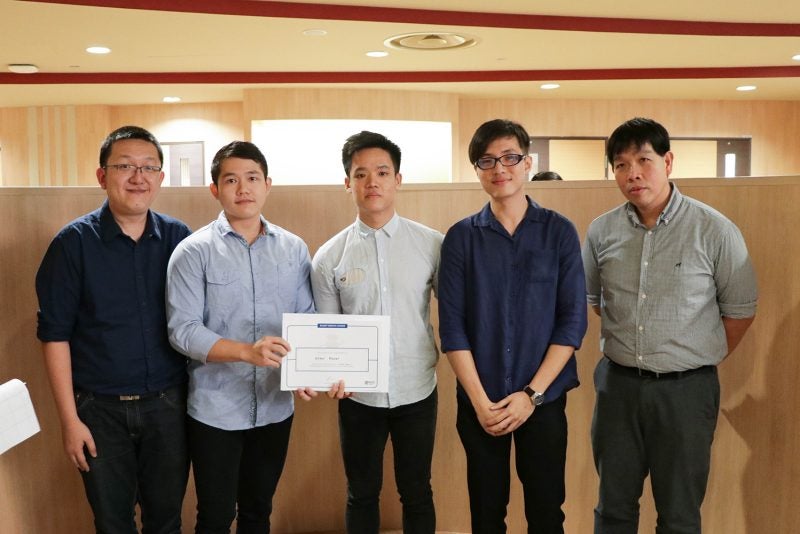
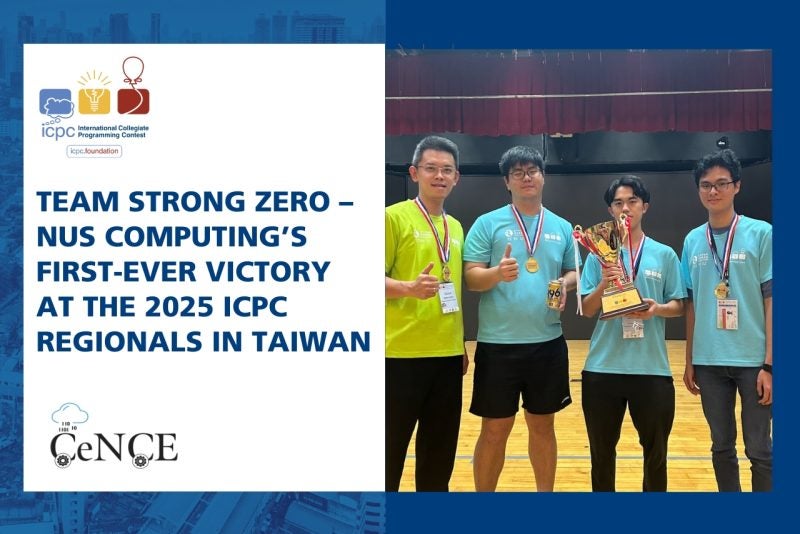
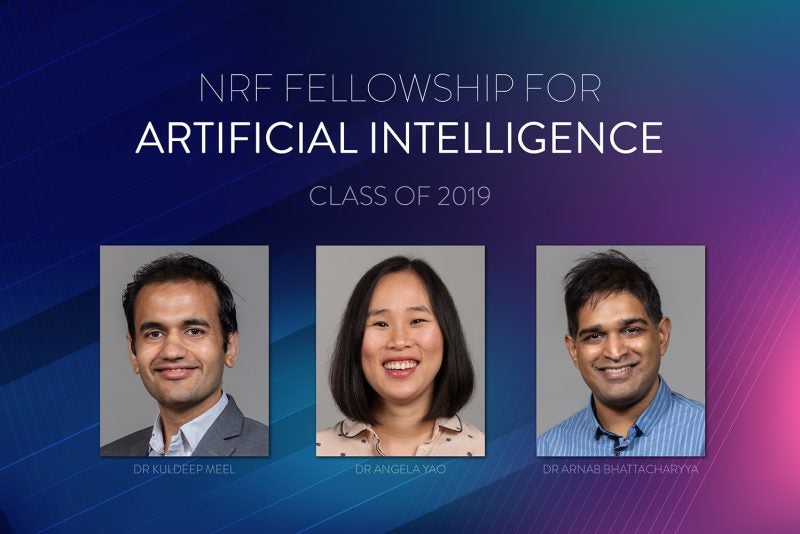
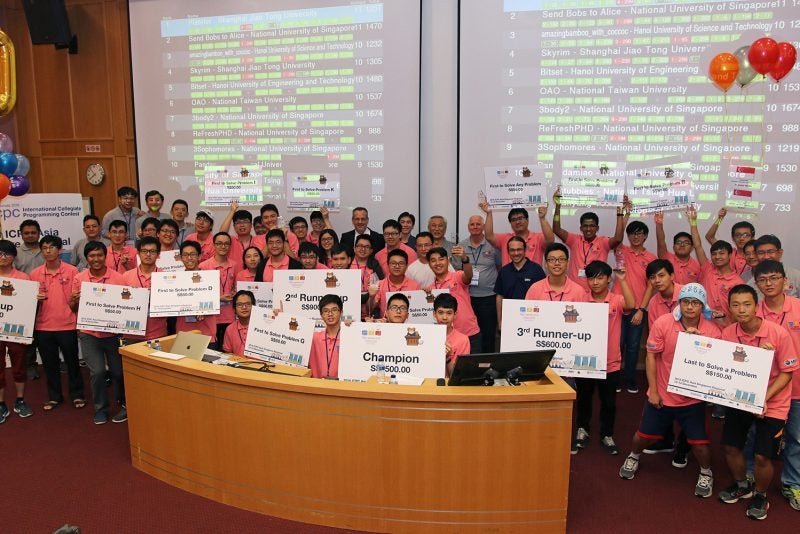
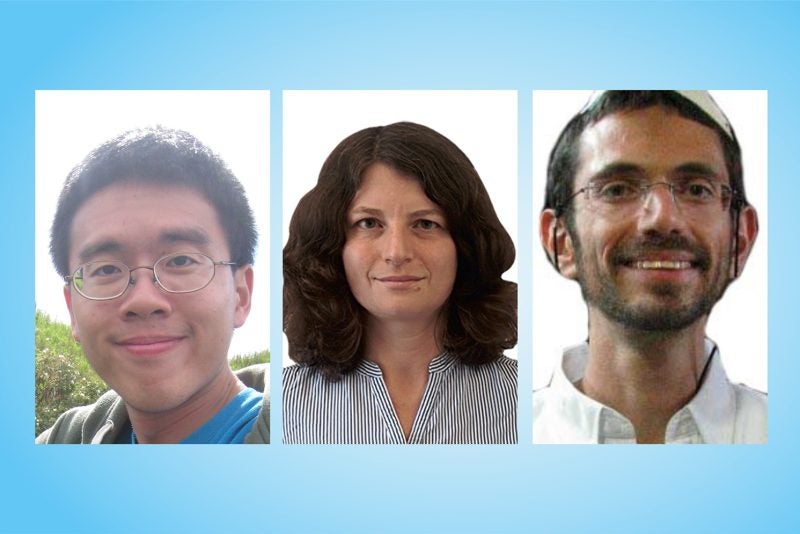

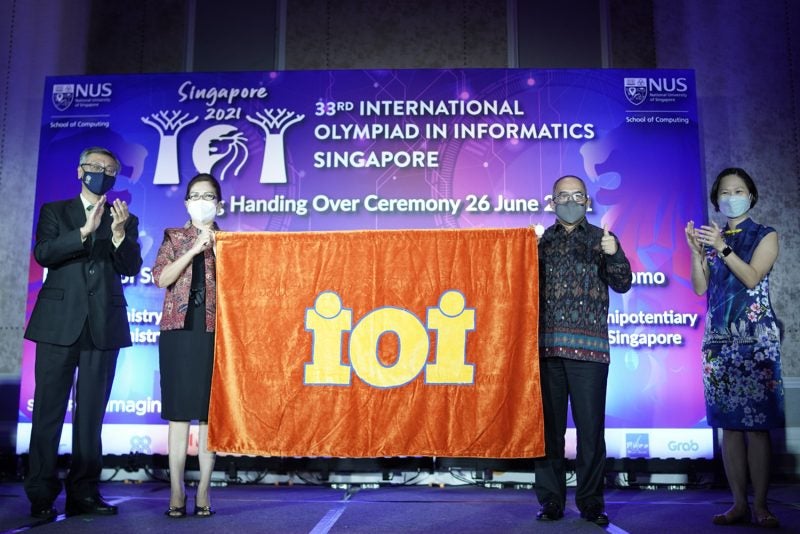
Assistant Professor Yair Zick: Ethics in Artificial Intelligence